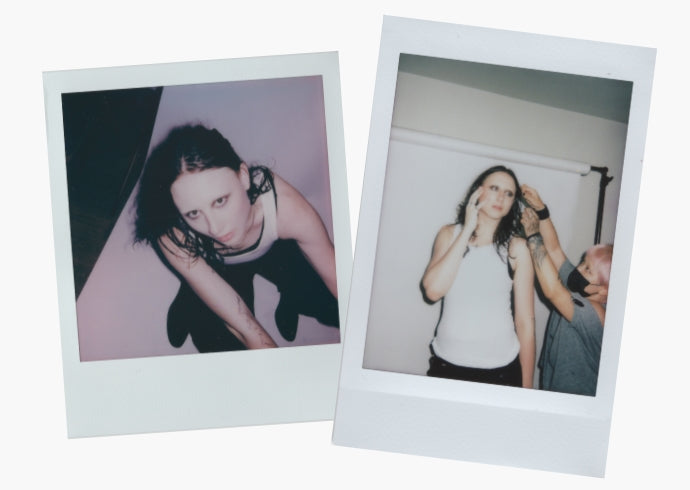At Milk Makeup, inclusivity isn’t something we reserve for a month or two out of the year. It’s something we believe in every moment of every day, and with every decision we make as a company. Still, we take learning and growing seriously, and we always strive to have an open dialogue about diversity, equity, and inclusion.
This Black History Month, our DEI Council hosted a panel at Milk Makeup HQ with Black leaders in the beauty industry over delicious vegan treats from Cloudy Donuts, a Black-owned business in Brooklyn founded by Derrick Faulcon, and beats by DJ Quinnette to celebrate the 50th anniversary of hip-hop. During the panel, we discussed breaking through barriers at work, having uncomfortable conversations, and the importance of using your voice. Our panelists included God-Is Rivera, VP Diversity/Inclusion at Disney Media Entertainment and Sarah Curtis Henry, Chief Commercial Officer at North America Parfums Christian Dior, and was moderated by Tressan Garcia, Senior Director of Brand Marketing at Milk Makeup.
The conversation stuck with us so much, we wanted it to share it with you, our Milk Fam. Ahead, find a lightly edited and condensed version of the Q+A, “Breaking Ceilings.”
Tressan Garcia: Before we get deep into the discussion, I would love for you to provide some insights on what you do.GOD-IS RIVERA: My background is in strategy, but I started over in the agency world and worked my way through social media. What I was really excited about and what drew me in as a Black woman in strategy was making sure that we understood diverse consumers. How do we understand the cultural nuances and history? Are we really understanding those groups who've been excluded, and who have been marginalized? I’m about four months in at Disney right now, and I just came from Twitter. I was there for four years, and was the first-ever global head of culture community, which focused specifically on what I just mentioned: how we center, support, and tell the brand story of, when, and for historically marginalized communities. So now in my role, I’m continuing that work and building this out at Disney. SARAH CURTIS HENRY: So what does that mean to be a Chief Commercial Officer? My scope is all sales and retail, from in-store to digital. All of our new capital projects that we are building. Where are we going next? How are we stepping out and exploring new avenues? All the education, behind all the teams that you see out there, because at the end of the day, we are not the ones that represent Dior. It's the person that you encounter at the counter, or you go to a Sephora, or online—that's what represents the brand. |
 |
I found my way to beauty after business school. Prior to joining Dior, I was at Tatcha as the Chief Marketing Officer. So it's been an interesting ride for almost two years now. I love what we represent. We represent the people, the beauty of what this industry brings, and the transformation. Not just what it looks like on the outside and how it makes people feel. I feel a great responsibility in terms of the power that we have in this industry and what we do with it, because this power in this industry has not always been used in the right way. And it hasn't always made people feel great about who they are.
So I get to occupy spaces where I get to influence that—it's not just about making magical products and beautiful colors and lipsticks. It's also about what we're creating and how it makes people sort of sit up straighter and higher, and feel good about being authentically themselves. And that really drives me and what we as companies can do to make the world more inclusive.
TG: It’s Black History Month, but we are Black 365 days a year. So tell me, why is being here important?
GR: As you mentioned, it is important to say that we're Black March 1, and we’re Black January 31. I think we have a moment though to share perspective. It can really help to make people better understand and shift their thinking when it comes to marketing. I remember being a baby strategist and feeling consumed with how little I thought I understood about groups that I did not identify with. I felt like I was doing them a disservice.
I was feeling like I was behind, and I still feel like I need to continue that. So I think, in moments like this, it's important for me to know how powerful the transfer of information perspective is. And I think it allows us to really open our minds and do our work better. I've been fortunate to have a lot of great experiences and things that I can share—ways people can maybe think differently and not just even with my own experience. What I have learned and listened to from the groups that I've been so fortunate to serve. So it's been important to me to talk about my own perspective and again, share with others during the month, because it allows us, I think, to be better and do better.
SCH: I am someone who has benefited from a tremendous amount of allyship advocacy. My family encouraged me to go out into the world and had this talk with me. And the talk was, you are a little Black girl that needs to know that this is a world that’s not necessarily for you. And there are going to be many factors that are against you. So we're raising you to be strong, to be resilient. You're going to be under scrutiny.
And so [they stressed] the importance of mentorship and allies. If you’re able to get ahead in this world given all of those factors, then it’s your obligation to share and exchange information by sharing your experience. It's not only my obligation to do that, it's also my passion to do that.
I’m thankful to have benefited from tremendous privilege because I've had people who’ve said, I'm gonna place a bet on her. Make no mistake, you could be the most talented person, you could be super smart. Head of your class. But if people aren't willing to be an advocate for you, sponsor you, say pick that person, write a check, that's as far as you go. So this world is contingent upon people sharing whatever wisdom they have. Putting their name behind your name and saying, I believe in you and I'm going to help you get there. This is something that's really important, and because I've had tremendous privilege, I then have to ensure I enable others to experience that.
TG: What does it look like when you know there are going to be some trials and some pushback—and some may not see things how we see it from our lens? And how do you show up?
SCH: How I show up has evolved a lot over the years. I've been the person who's putting the labels on the doors, making sure that they look beautiful and hoping that I could sit in the room for part of the meeting. And I remember once walking into a room, and they were like, ‘Oh, you come to the meeting.’ And so for me, it didn't matter where you placed me in the room. I made a decision early on that my voice was going to be heard, and I was going to insist upon it.
TG: And I've seen her shut down people. She's known to check the CEO, the president.
SCH: I was gonna show up in a way that is authentic and that at the end of the day, I leave it all on the map. So I either can succeed or I'm gonna go out in a ball of flames, but not without saying what is up from my perspective.
Depending on who's in the room, you have to express your point of view in a variety of different ways. People have come to me for advice and were like, ‘Oh, they told me that I'm too quiet or I need to just speak up.’ Yeah, you do, actually. Because you can work really hard but people need security. They need to understand your point of view in the right context and in a way that feels right for you. You need to be okay with occupying space. That was something that I had to get really comfortable with. There are also cultural aspects to that.
I've actually been very open recently about having conversations with people about that, as a Black woman, for example. These are conversations a lot of us have. And oftentimes when people are looking from the outside, it’s like, ‘Oh, she's not as passionate, or she's not an agitator.’ I'm like, Are you serious? Like, [what that other guy at the table said] was nice, but they might be the loudest person at the table and all of a sudden all eyes are focused on the person. Your ability to occupy space really matters as a Black woman. I derive energy from that. I know exactly the role [I play] and I know that I'm in a minority group. Which is why I feel this tremendous connection to occupying a space to help people shift and help shape people's perspective of who we are as a community and what we are capable of.
So I feel that responsibility to walk in and say, ‘Oh, my gosh, I saw a Black woman and she was doing her thing.’ But I think about the broader community. Often when I'm in that room, it's a source of inspiration for me. And so when I often don't feel seen, I try to use that energy to change the conversation. Like when we're not talking about the right things in terms of our culture, skin tone, or hair.
For example, I recently had a conversation about body type with someone. Body type is not only about inclusion, it’s also about different cultures, right? The European standard of beauty doesn’t represent different cultures. I want to embrace the outliers. And I get to, every day in different capacities, speak to that and champion it, but it's hard to be resilient when you're often the only person in the room who looks like you—sometimes the only woman. I have to figure out where people are coming from and how to connect in different ways to show up authentically. Because I get one shot to make that impression. And that impression will make or break whether or not we do the right thing.
Because behind the scenes in the boardroom? Only 4 to 5% of those in the beauty industry are Black. So I have to be an ally and an advocate.
GR: My name is God-Is. Someone asked me recently, did you ever wish you were named something else growing up? And I was like, absolutely not. That was my superpower to talk to people and tell them who I was. So I’m so fortunate, because that's exactly how I walk into every room, completely proud and full of who I am. I try to tell anybody that I mentor or manage the same thing.
One of the things that’s also helped me is that as you get further up in your career, you realize that everyone is just trying to figure it out. No one has all the answers. So as I’ve been on my career journey, I started saying, Well, I'm here in this room. Right now. I can help talk things through or suggest things that could possibly help the outcome of whatever this problem is. Once I started doing that, it really paved the way for me. Now I always say, see a problem, suggest a solution. That's how I changed my entire career. Knowing that I have something to say, something to offer, something to suggest. It might not be what we end up doing, but part of that collaborative process can be to learn how to make things better.
As far as how I show up: The challenge is for other people who may be confused or not sure. You don't have to take that on, and that's a problem, right? You have to make sure that you're centered in being open. Being collaborative means learning, just as much as it does being willing to speak up. But with every challenge I’ve faced, the one thing that’s always kept me grounded is that I'm always very clear about what I'm doing and my intentions. I'm never going to bend on my morals and my values.
Mental wellness and self-care are also vital to that success. You’ve got to make sure that when you go to sleep at night—even if it's been a hard day—that you feel secure [in those values]. That’ll be what gives you the confidence to speak up in meetings. And if someone else pushes back or you feel like you’re making them uncomfortable, it won't bother you.
 |
 |
TG: Let’s talk more about uncomfortable conversations within the workplace. Is that good for the organization? Is it good for building allyship throughout? Is it good for having a strong support structure?
SCH: It’s very important. I don't think you can rest unless you have uncomfortable conversations. And it’s not only important for organizational learning, it's also important for individual journeys in terms of your growth, because uncomfortable conversations can be approached from many different angles.
There are uncomfortable conversations around inclusion, of course. I’ve embarked upon a journey of having those with many people for many different reasons, because again, this comes back to how we show up. It’s a matter of organizational wellness, but it's also personal wellness and self-care, because if you carry [a different perspective] and you're not putting it on the table, you're not having conversations that will come back to haunt you. And I can speak to that from personal experience.
I've had moments in my life and career where I would just absorb it and never have a conversation. Then, at the end of the day, that came back to me in terms of my mental and physical wellness. It also left an opportunity on the table that could have led to progress within the organization. Because if we had that conversation, nine times out of 10, what you're bringing up, you're not alone. Sometimes it can feel lonely when you have something happening or something doesn't feel right. But trust your instincts and ask yourself what do we have to gain by having this conversation?
On the flip side, there could be things that happen to you or others on a daily basis. For example, one time [at another company] I had to have the hair conversation after someone called my natural texture “beach hair.” I could’ve been angry and upset. But I took the time to say to her, Okay, let me break it down for you, because I'm going to assume positive intent. I said, Let me explain something to you about my hair texture and why I'm so proud of it. I get to rock it straight, I can do so many different things with it. So the next time she encounters someone [with natural hair], she'll know what's up. And sometimes I think if we avoid those uncomfortable conversations, we miss an opportunity. That's a cosmetic level, but it runs deep. We shouldn’t have to educate, but think about what it means for the broader community to take the time.
I think in our world, we need to sometimes assume positive intent. Which goes back to how I show up in the room. At the end of the day, business is uncomfortable. But you have to derive energy from that. You have to be a problem solver. You have to go in and say, OK, I'm excited about how to break this apart and put it back together and figure it out. These are all things that we absolutely have to show up and do in the business world. If you don't have uncomfortable conversations, you miss opportunities to lift others up, and you miss opportunities to show up as a change maker and disrupter.
GR: I totally agree. When I think about uncomfortable conversations, I usually ask the question, whose comfort are we talking about? I think that different people's comfort gets prioritized in different ways. Specifically in the workplace. And I think there's different types of “uncomfortable.” There's the microaggression. You know, the word articulate. We know that one, right? Those are people who feel comfortable because a lot of times there's a power dynamic in place where people feel like they can't speak up in their allotted time.
You talked about responsibility before. We have responsibility specifically when you talk about the beauty industry and what that means. I'm in marketing and I feel that responsibility to represent, to understand, connect. I am not indigenous, but I did a lot of work to sit with, connect with, and talk to people from different nations to understand. I'll never forget—we had one conversation, and it was like, Y'all leave us alone in November. I don’t want you celebrating the indigenous history. It is not for you. It's for us. And I was like, Ooh, you right! I was uncomfortable. But I was so happy that I had that insight.
I don't have a physical disability, and I spend a lot of time with people with all different types of disabilities. I asked, Should I say disability? Should I say differently abled? Now there are certain words I’ll never say. And I understand now, when I reference the disability community, it's because Imani Barbarin, a disability advocate, told me.
If you're uncomfortable, ask yourself, have you ever stopped to actually learn about other cultures? As you mentioned, talking about different types of beauty, we're all in a position to impact representation and inclusivity. But have you stopped to actually learn about that history and how it affects people?
So I think everyone can be more comfortable when they shift their mind that way. And if someone says something you weren’t aware of, say, Oh my goodness, I didn't understand that. Or, let me go look up some more information, so you don't have to do that labor. So if there are some moments that feel a little brisk, know that you have a responsibility. Even if those conversations feel a little bit weird at first, they'll start to be something you're gracious for, and you'll take it to your work.
 |
 |
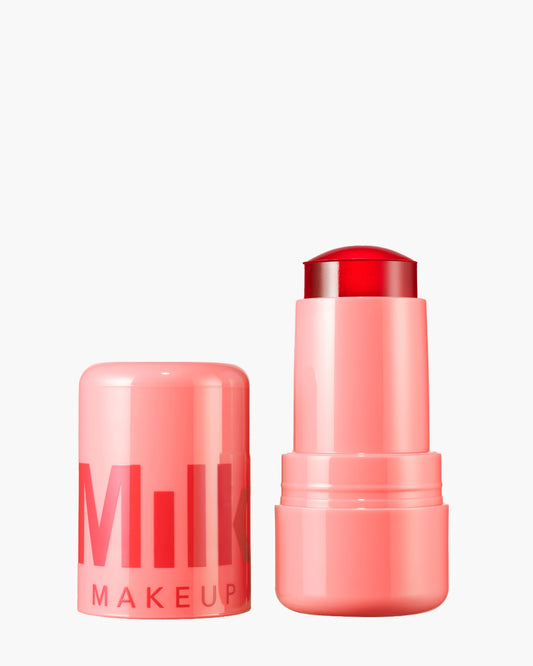
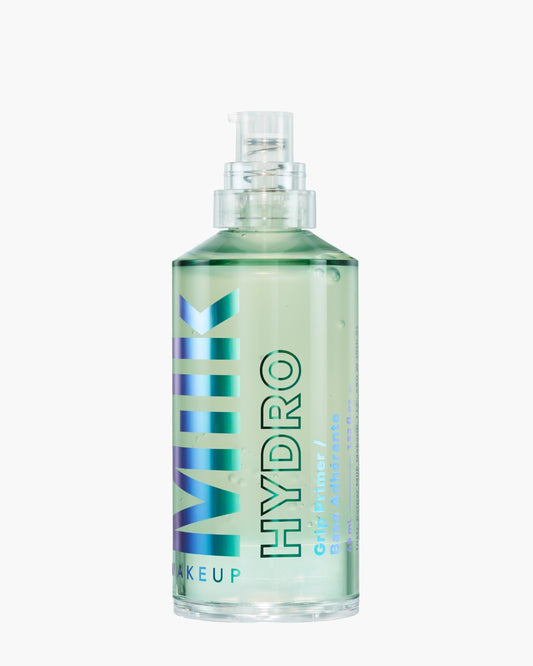
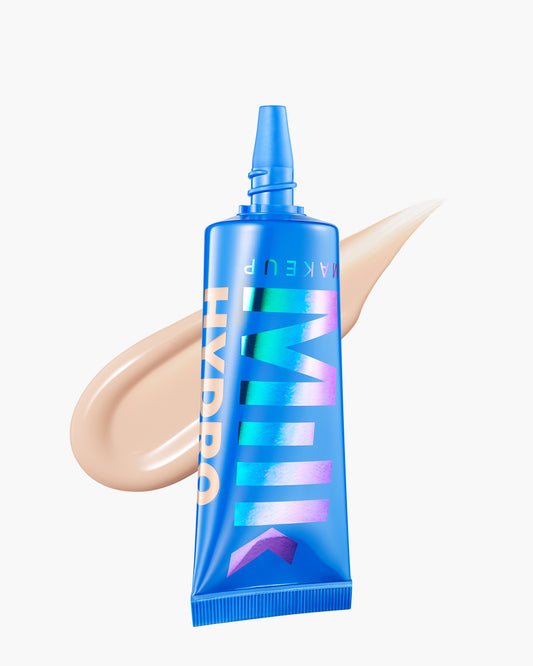
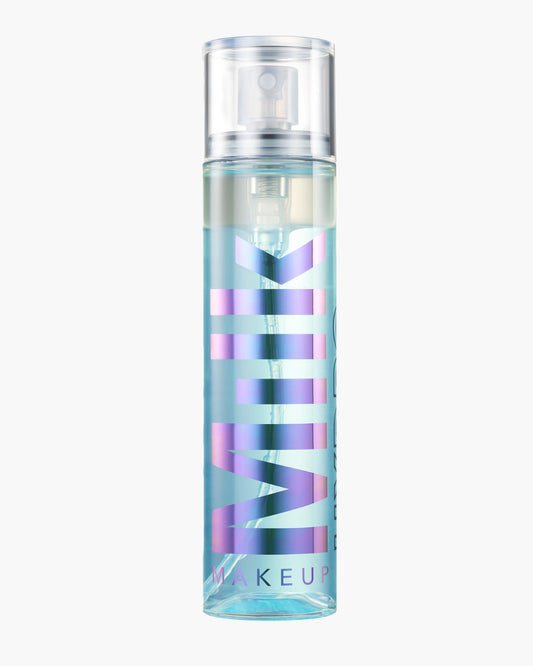
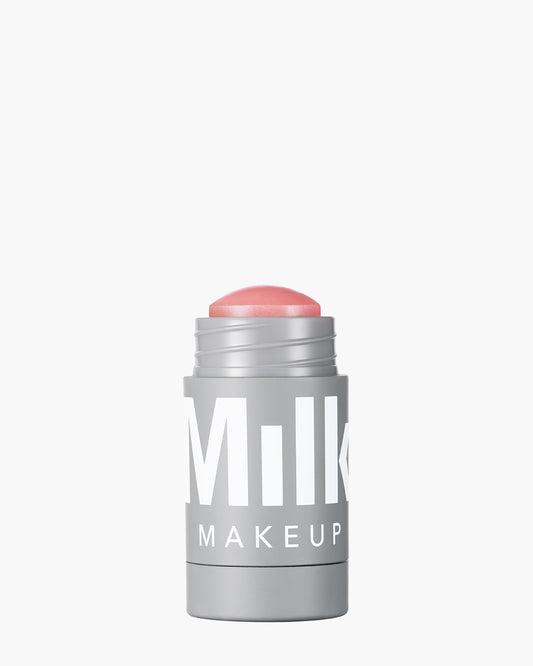

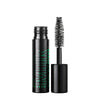



 "
"